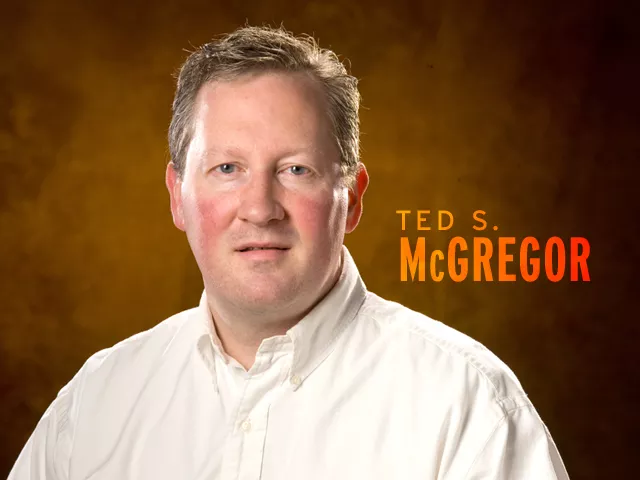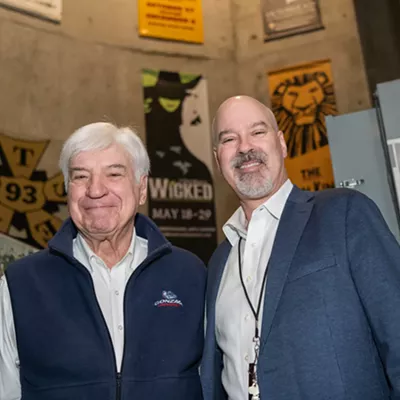If you’re Oliver Stone, you have to wonder about people. Ever since Wall Street came out in 1987, capturing that particular cultural moment, the director has remarked about how many people have come up to him and thanked him for inspiring them to go into a career on Wall Street. Never mind the message of the film condemning criminal capitalism, they only saw the trappings — the cigars, the shoes, the great apartments. That’s only human nature.
Now we know what that new generation did to us, with their credit default swaps and mystery mortgages. So, like repeating a lesson to a child, Stone has released his Wall Street sequel. Again he dances the line between condemning the crooks and lingering over the great parties they throw, but this Wall Street (aka Money Never Sleeps) is a more resigned take on the human condition. In 1987, perhaps Stone thought we could change; now he seems to know there’s something animal inside us that prevents it.
In one scene, the young idealist broker asks his mogul boss: “What’s your number?” — meaning what amount of money would be enough for him to retire from the Street. “More” is the only answer he gets.
“More” is an absurd motivation that, fueled by hubris and greed, is precisely what drove the nation into the ditch two years ago. When Gordon Gekko said, “Greed is good” in the original film, he was really echoing Adam Smith, who showed how self-interest makes the world go ’round — with an important caveat. Smith said it takes “rational” self-interest to make capitalism work properly, and there’s been too much irrational, unchecked behavior among the people we trusted with our money. Stone, whose own father worked on Wall Street, is one of our better social critics (despite some truly bad films). With time to reflect on history repeating itself in such crippling, stupid fashion, he has discovered something not all that surprising: Humans left to their own devices — not all, but too many of them — will lie, cheat and steal in the name of “more.”
Which leaves us with the rules — the rules of Christian morality from Smith’s time or the SEC’s laws against insider trading and other arcane ripoffs of today. The rules are all that protect us from ourselves.
The billionaire who answered “more” in Stone’s sequel ends up in jail. But in our real-life drama, nobody has paid for the crimes against our economy — setting us up, again, for another sequel.
Ted S. McGregor Jr. is the Editor and Publisher of The Inlander.

























